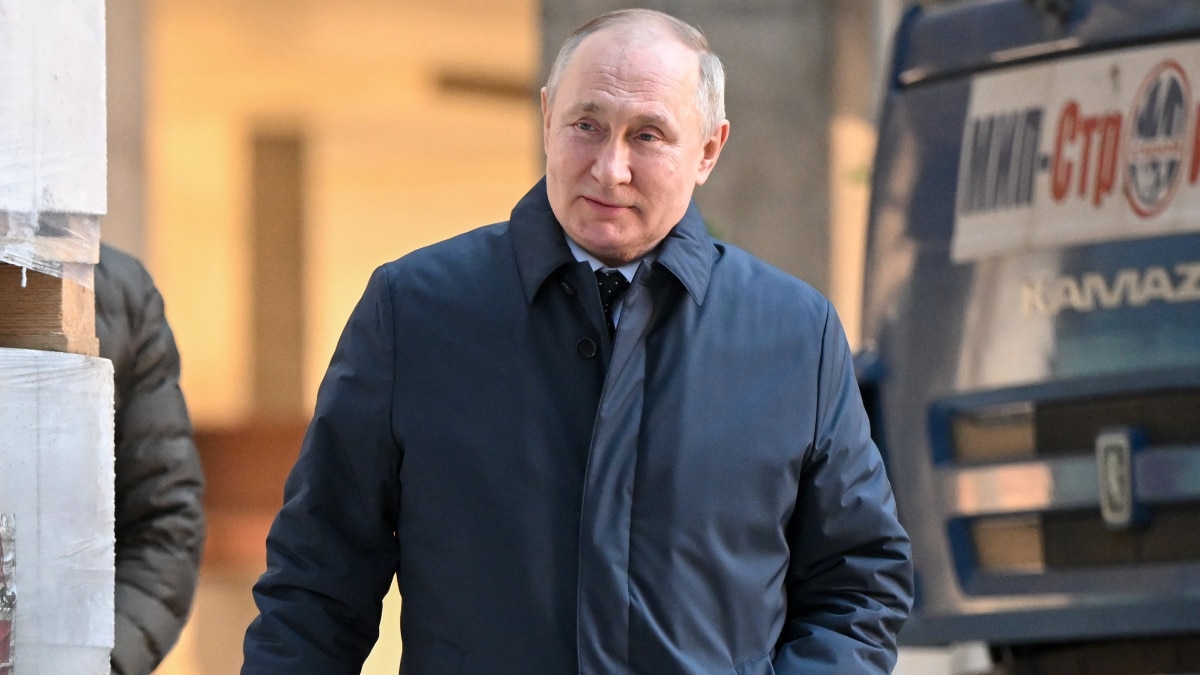New Russian Legislation Sparks Concerns Over Internet Freedom
A new legislative proposal currently under consideration in Russia’s parliament has sparked significant controversy, with critics warning that it could severely undermine internet freedom and increase state surveillance. The bill, which recently passed its second reading in the State Duma, received support from 283 lawmakers, while only 22 voted against it.
If implemented, the law would impose fines on individuals who intentionally access content deemed “extremist” by the justice ministry. The penalties could reach up to 5,000 rubles (approximately ₹5,500 or $64). The list of extremist materials already includes over 5,000 items, ranging from political slogans and blog posts by the feminist punk group Pussy Riot to Ukrainian patriotic songs and even Wikipedia articles about dynamite.
Critics argue that the bill could lead to a new era of internet censorship and potentially criminalize even accidental exposure to certain content. Digital rights advocates have expressed concerns about the vague language and broad scope of the legislation. Sarkis Darbinyan, co-founder of Roskomsvoboda, an organization dedicated to internet freedom, warned that materials not officially listed could still be considered extremist.
The bill initially started as a proposal aimed at regulating shipping clerks but evolved into a comprehensive measure for controlling the internet after lawmakers added unrelated amendments. During the session, Alexander Teterdinko of United Russia tried to ease public fears, stating that only deliberate searches would be penalized. He explained that if someone searches for something and the material appears in search results but is not clicked on, read, or used, they would not be affected by the law.
Despite these assurances, some remain skeptical. Vladislav Davankov, Deputy Speaker of the Duma, criticized parts of the bill as an “attack on the basic rights of citizens.” Even Russia’s internet safety chief raised concerns, suggesting that the law could hinder efforts to tackle real online threats.
Kremlin spokesperson Dmitry Peskov admitted he was unfamiliar with the proposal, calling for more detailed explanations to address public anxiety. Meanwhile, Margarita Simonyan, editor-in-chief of state-run broadcaster Russia Today, warned that the bill could undermine efforts to expose real extremists. She expressed hope for amendments to the legislation.
The proposed law still needs to pass a third reading in the Duma, gain approval from the upper house, and be signed by President Vladimir Putin to become law. Until then, the debate continues to highlight the shrinking space for digital freedom in Russia.







